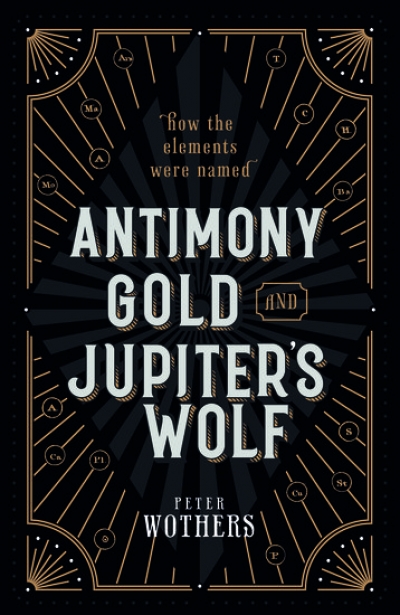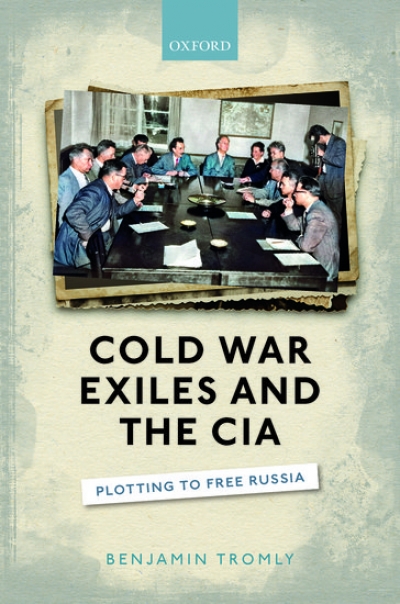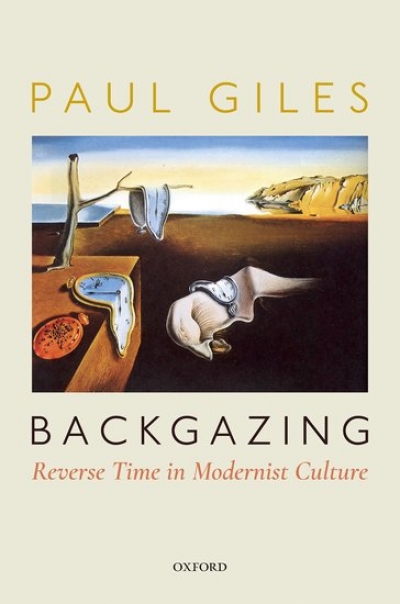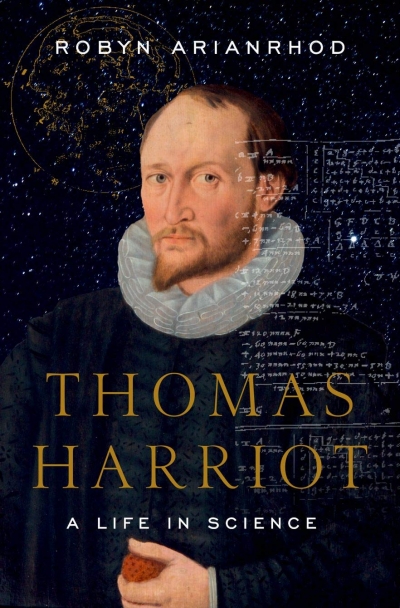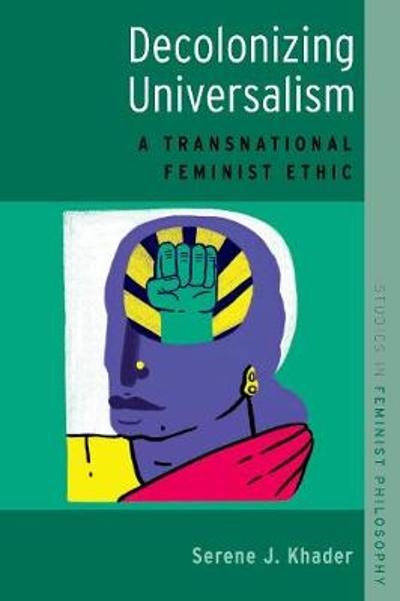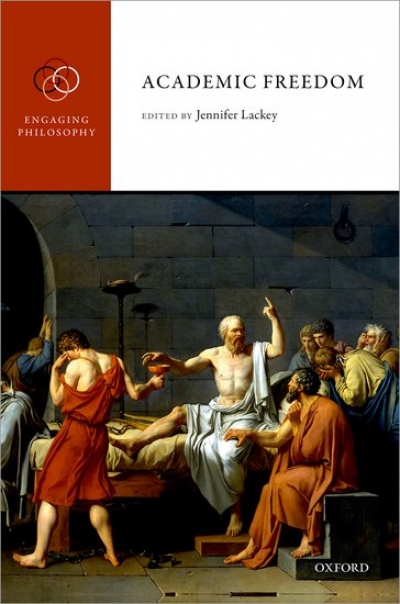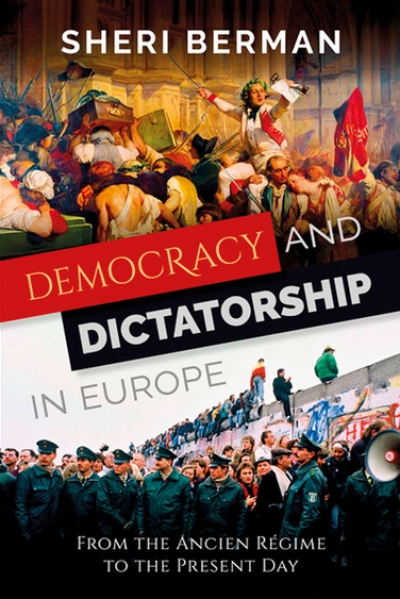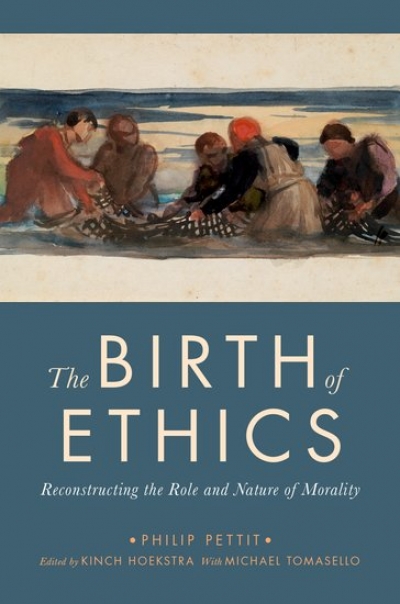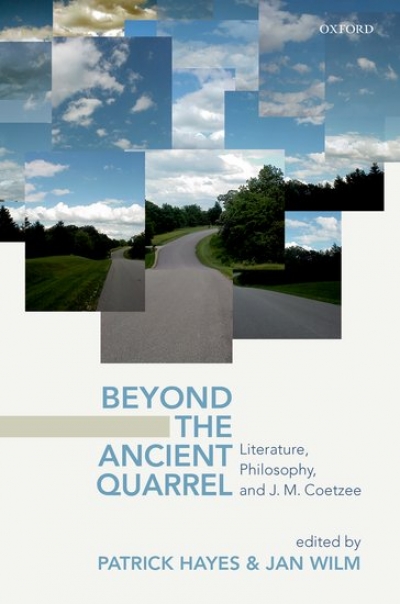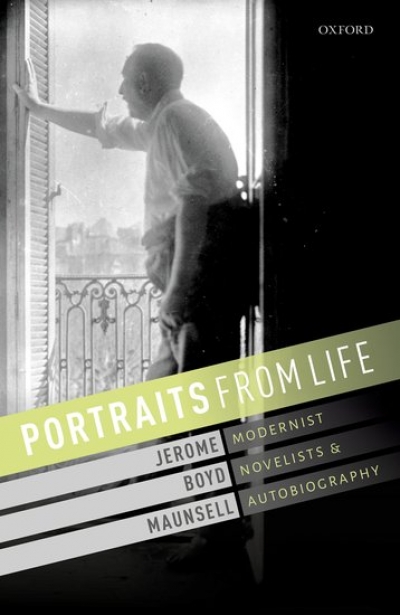Oxford University Press
Antimony, Gold, and Jupiter’s Wolf: How the elements were named by Peter Wothers
by Robyn Arianrhod •
Cold War Exiles and the CIA: Plotting to free Russia by Benjamin Tromly
by Mark Edele •
Decolonizing Universalism: A transnational feminist ethic by Serene J. Khader
by Daniel Halliday •
Democracy and Dictatorship in Europe: From the Ancien Régime to the present day by Sheri Berman
by Rémy Davison •
The Birth of Ethics: Reconstructing the role and nature of morality by Philip Pettit, edited by Kinch Hoekstra with Michael Tomasello
by David Neil •
Beyond the Ancient Quarrel: Literature, philosophy and J.M. Coetzee edited by Patrick Hayes and Jan Wilm
by Tim Mehigan •
Portraits from Life: Modernist novelists and autobiography by Jerome Boyd Maunsell
by Richard Freadman •

